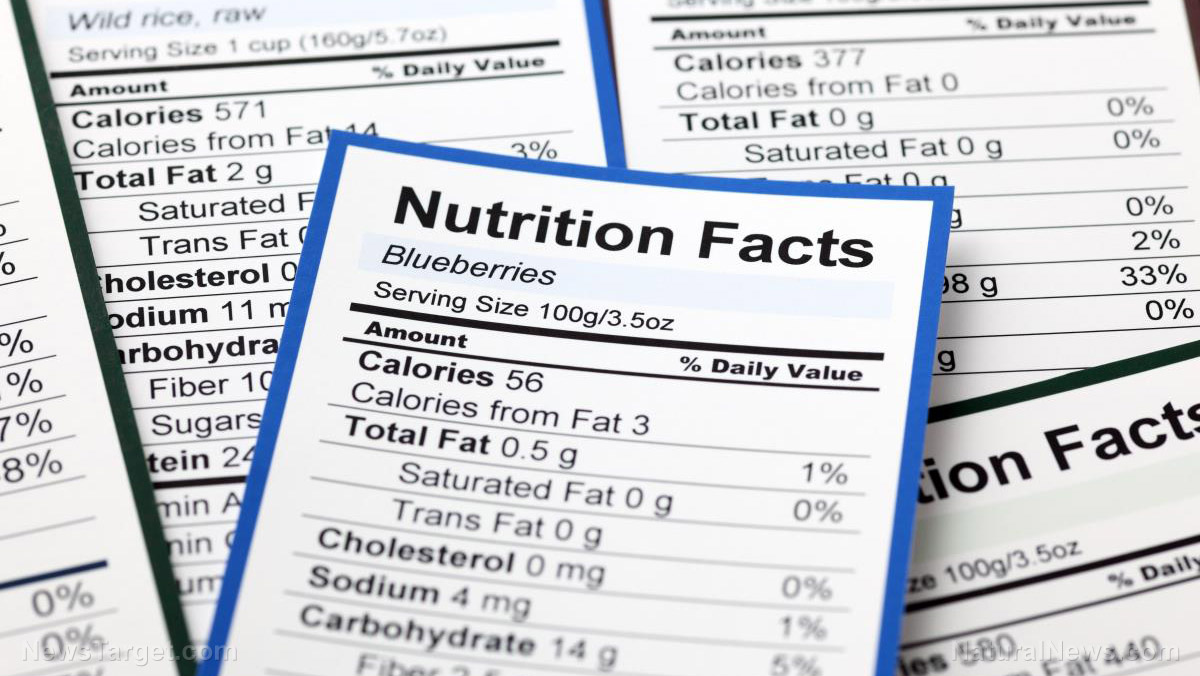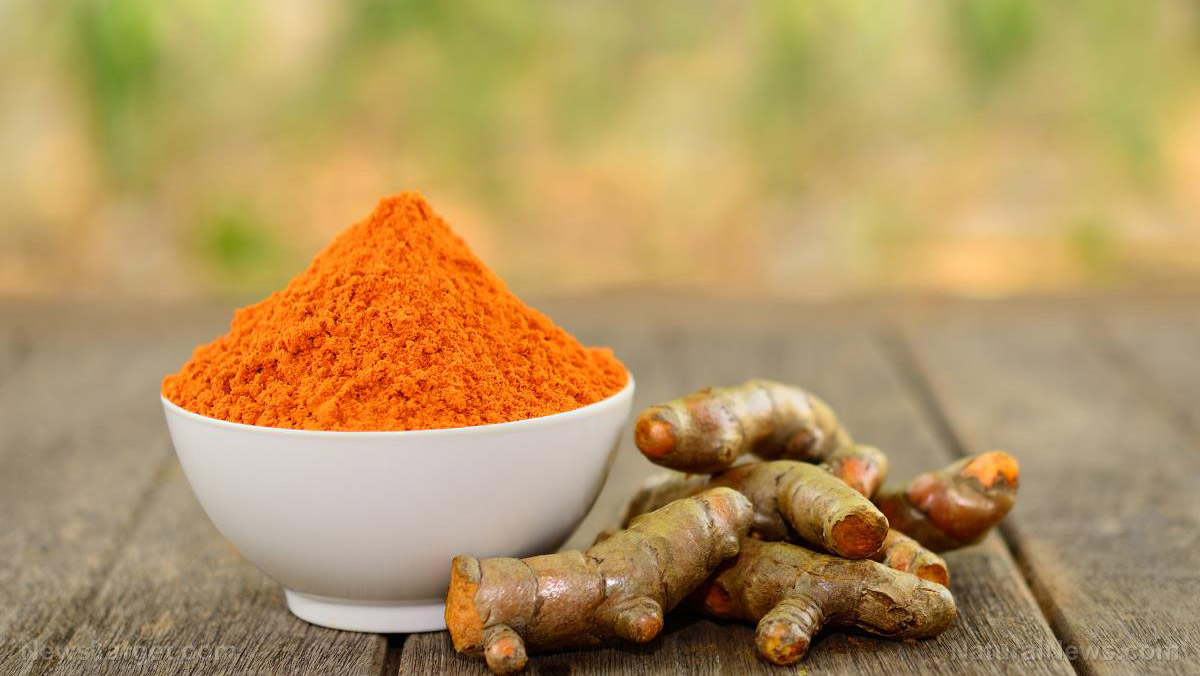A strict gluten-free diet may help protect against nerve pain
01/02/2019 / By Michelle Simmons

A preliminary study released by the American Academy of Neurology suggests that eliminating gluten completely from your diet may help prevent nerve pain in people with gluten sensitivity.
Gluten sensitivity has been linked to peripheral neuropathy, a condition in which the peripheral nerves of an individual become damaged. This, in turn, causes weakness, numbness, and pain, usually in the hands and feet. An individual that has gluten sensitivity and experiences unexplained nerve pain may have gluten neuropathy. (Related: Obtain Relief from Peripheral Neuropathy by Using Natural Remedies.)
In the study, researchers recruited 60 people with an average age of 70 who had gluten neuropathy. They asked the participants about the intensity of their pain, their other neuropathy symptoms, their mental health and whether they followed a strict gluten-free diet. Out of 60 participants, 33 of them or 55 percent of the participants had neuropathy.
The results revealed that people who followed a strict gluten-free diet were less likely to experience pain compared to those who did not follow a strict gluten-free diet. After considering the age, sex, and mental health status of the participants, the researchers found that those who did not eat gluten were 89 percent more likely to be of free of pain with their neuropathy compared to those who did not follow a strict gluten-free diet.
In addition, the researchers discovered that people with painless gluten neuropathy had better scores on the mental health assessment than those with painful gluten neuropathy. Out of 100, those with painless gluten neuropathy had an average score of 87, while those with painful gluten neuropathy had an average score of 76.
“This study is promising because it shows that a gluten-free diet may help lower the risk of pain for people with gluten neuropathy,” said Dr. Panagiotis Zis, lead author of the study and a member of the American Academy of Neurology.
What is a gluten-free diet?
Following a gluten-free diet means you have to avoid foods that contain the protein gluten. While most people can tolerate gluten, it causes problem in people with celiac disease and non-celiac gluten sensitivity.
Following a gluten-free diet may be challenging because gluten is used in many common ingredients added to foods. The main sources of gluten in the diet include barley, rye, triticale, malt, brewer’s yeast, and wheat-based foods like wheat bran, wheat flour, spelt, durum, kamut, and semolina. Should you follow a gluten-free diet, avoid the following foods:
- All wheat-based bread
- All wheat-based pasta
- Baked goods, such as cakes, cookies, muffins, pizza, bread crumbs, and pastries
- Beverages, such as beer and flavored alcoholic beverages
- Broth (unless labeled gluten-free)
- Cereals (unless labeled gluten-free)
- Couscous
- Snack foods, such as candy, muesli bars, crackers, pre-packaged convenience foods, roasted nuts, flavored chips and popcorn, and pretzels
- Sauces, such as soy sauce, teriyaki sauce, Hoisin sauce, marinades, and salad dressings
The best way to follow this type of diet is to eat unprocessed, single-ingredient foods. If not, you should check the labels of most foods you buy.
Read more news stories and studies on a gluten-free diet by going to Naturopathy.news.
Sources include:
Tagged Under: diet, gluten, gluten free, gluten neuropathy, gluten sensitivity, gluten-free diet, Naturopathy, nerve pain, pain



















